In the Kingdom of Ramezia, heretics branded as witches by the Sacred Office have taken over the royal castle and abducted Princess Amelia. Two nuns, Sister Semilla and Anna Fran, are tasked with infiltrating the now desecrated stronghold to rescue the princess and persecute the heretics involved. This serves as the basic outline to the plot of Minoria, a game that treads on the grey moral ground between religious fanaticism and the path of following with nature, which has been deemed sacrilege by higher powers. It’s a lot to take in for such a simple premise. But along the way, you have to ask yourself if it’s enough to carry the narrative forward or if it will stumble on its own lofty ambitions.

Minoria
Nintendo Switch
Developed by Bombservice
Published by Dangen Entertainment
Released: 10th September 2020
Minoria follows after a decade-long series of games in the Momodora series, acting as a spiritual successor rather than another sequel (the series has four games under its belt). The developers at Bombservice wanted to try something different while not straying too far away from the tree, taking the basic foundation of the Metroidvania from Momodora: Reverie Under the Moonlight and changing the visual style, crafting RPG mechanics, more combat options and a deeper focus on narrative. While it is certainly appreciated to try new things, whether or not they stick the landing can only be judged once experienced for yourself.
You take on the role of Semilla, accompanied by Anna Fran, in their holy mission. As stated before, the core structure of the game follows the 2D Metroidvania style. If you’re familiar with Metroid or Castlevania (the genre’s namesakes, naturally) then you shouldn’t have too much trouble getting into the swing of things. If you aren’t, then the genre follows an open-ended structure of navigating your surroundings using abilities you’ve picked up, taking note of obstacles you can’t overcome yet and returning once you possess the ability to overcome them. Minoria plays a lot like Castlevania, of the two namesakes, with a level up system that boosts your stats incrementally as you gain experience from defeating foes.
Unlike many 2D Metroidvanias, combat is a core aspect of the game. You are granted many options as you play, with a wide variety of attacks to use from your sword to many incenses you collect throughout your travels. These incenses range from active use, such as magical attacks and healing, to passive abilities like attack boosts. Active incenses have a set number of uses that can only be recharged once you reach a save point, making you think twice about expending them too rapidly (particularly your healing incenses). Granted, it’s possible to play the game without really paying too much heed to them, which is an option of its own in a sense. I found myself relying mostly on the healing items, which brings me to the next aspect of this game that stands it apart from others of its kind.

The game is punishingly difficult at times. As overused as the comparison is these days, Minoria does play a lot like the Souls line of games. You will be heavily punished for playing recklessly or absentmindedly, as even bog-standard mooks can shred your health down in seconds. Every enemy has a visual tell to indicate when they’re attacking, and you can block or parry their attacks accordingly. While not every attack can be parried, particularly those from bosses, when you do successfully get the timing right, Semilla follows up with a counter attack. These parries are the crux to playing well, as they reward you for optimal timing and encourage skillful play. Enemies also have a secondary stun bar that builds up with attacks in succession, but almost every enemy will be defeated well before the bar even comes close to filling. It’s mostly reserved for bosses who have the health bars to actually take enough hits for it to fill.
The difficulty can often be a bit haphazard though, as one moment you can shred through some enemies without much worry, and the next there’s one with so little in the way of tells that can destroy you in only a couple of hits. The parries can also be exceptionally overpowered, especially on enemies with easily identified attacks. The lack of enemy types also means you can be fighting the same kind of enemy with the same easily parried attacks from the beginning of the game right until the near climax. If you are skilled enough to be mowing through the game, the balancing becomes downright silly, as defeating bosses without taking a single hit grants you with high powered weapons and incenses. It’s rather surprising to see a game acknowledge that you’re above it by just handing you the means to make it even more unbalanced if you can prove yourself. While I enjoyed being rewarded for playing well and also punished for less than stellar decisions, this style can be off putting to some.

Whilst I’ve spent most of my time so far discussing the mechanics, the overall tone and narrative of Minoria can’t be easily ignored. Bombservice’s prior games have all been in the pixel art style, and in part with the decision to branch out, Minoria does not follow suit. Instead, the world is all hand drawn HD art with cel-shaded 3D models acting as all the characters and enemies. The art style itself is very cutesy, which in turn acts as juxtaposition to the exceptionally dark tone the game takes. From the visuals to the music, it’s very macabre and melancholy, even unsettling in some areas. This atmosphere carries into the narrative, which pulls no punches with how grim its world is with extremist religious persecution with very little allowed in the way of a defence for anything the Sacred Office deems opposition. Not only that, but the game is steeped in mystery, with many questions left ominously unanswered. There is discussion amongst fans of the true nature of things and if there are still discoveries waiting to be uncovered that sheds new light upon the game.
Over the course of the game, a number of archives detailing the world can be collected. Much like something in Metroid Prime, these logs detail the world around you without being a necessary factor to progressing in the game. At specific points of the game, you are prompted to partake in conversation with Anna Fran as she gives brief bits of exposition to current events in the story. All these details flesh out the world with a detailed backstory, but don’t necessarily hide from the relatively basic plot of the game. While it is up to the player to decide on the morals they choose to take, nothing is outright forced upon you.

However, the grand ultimatum is thrown upon the player with a binary choice right before the conclusion, dictating which ending you get. You are also locked into this ending and you have to replay the game again to even try for the other choice. New game+ mitigates this somewhat, allowing you to carry over your inventory, but not being allowed to reload your save to choose another option is rather daft. It’s also discouraging to have the warp system so commonly available in Metroidvanias be a feature that only unlocks once you beat the game, making backtracking very cumbersome on the first run. Not only that, but you can only warp to one spot in each area, meaning you still need to backtrack even further once you can warp. To say it’s frustrating is putting it lightly and it feels like a major oversight.
Minoria takes some time to gain its footing, as the lack of information up-front and steep difficulty curve make for an initially turbulent experience. But the more you play, the more you get a feel for the gameplay and context for the world around you, it becomes something rather special. It probably isn’t quite on par with the excellent Momodora: Reverie Under the Moonlight (which is also available on Switch), it’s not bad in its own right and tries to carve its own identity. It’s admirable to see a developer stray from their comfort zone and experiment with something that might not necessarily work, yet see it pay off. The differences may be alienating to fans of Momodora, but don’t allow that to cloud judgement of this imperfect yet charming experience.

Final rating – 4 out of 5
Minoria is available now for Nintendo Switch, Playstation 4, Xbox One and PC.
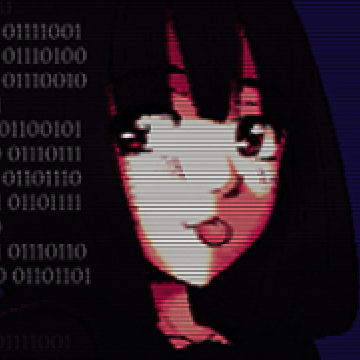
Long time fan of Nintendo and games in general, I always lean on the quirkier and unique sides of things in particular. It all started when I was lucky enough to get a Gameboy Color and Pokemon Yellow for my tenth birthday and it’s been going strong ever since. I’ve always had a need to get my voice heard and share anything I find interesting with the world.


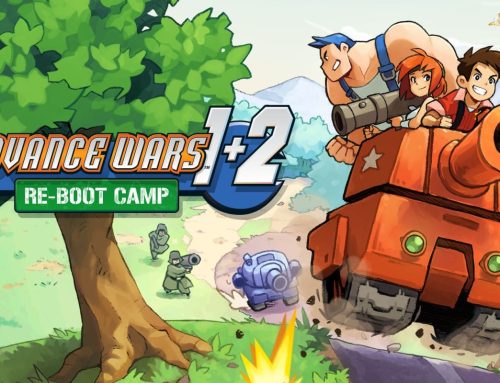
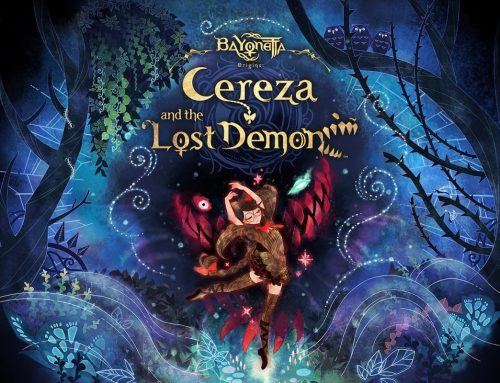
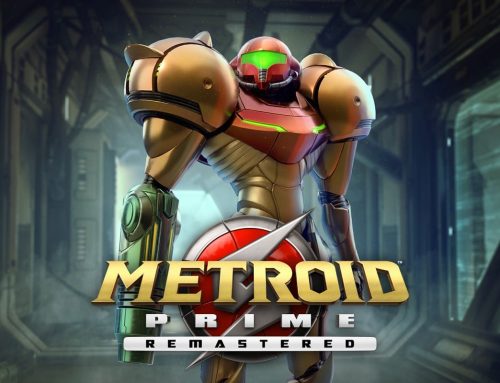
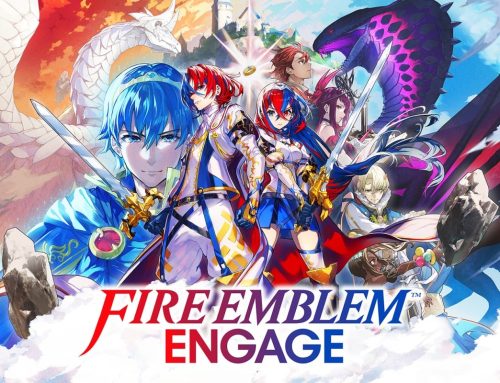
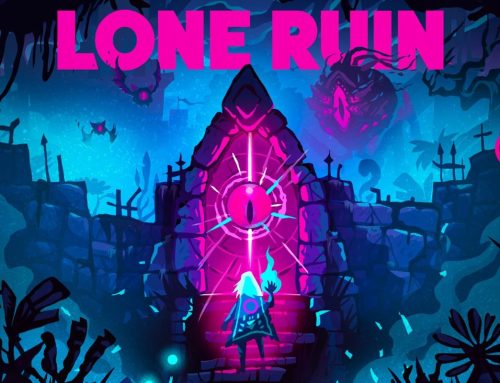
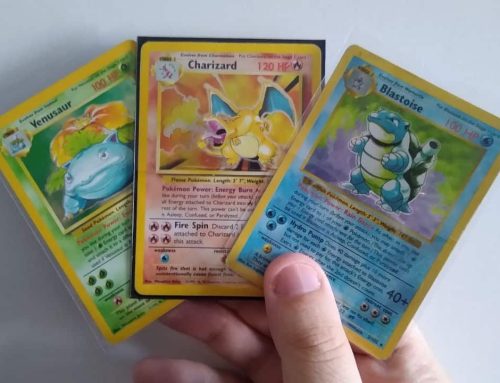
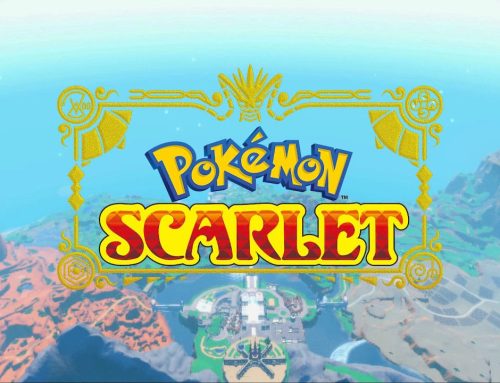
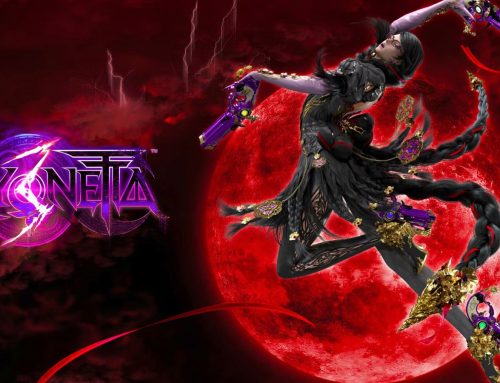
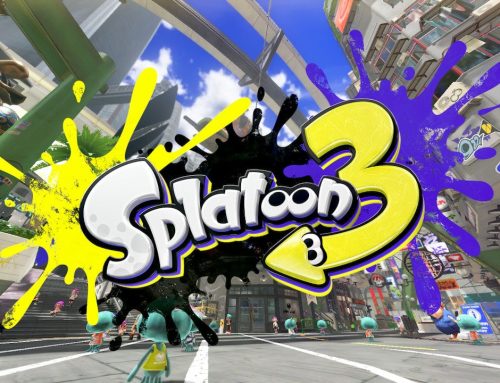

Leave A Comment
You must be logged in to post a comment.